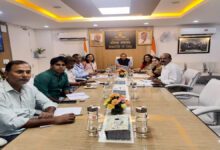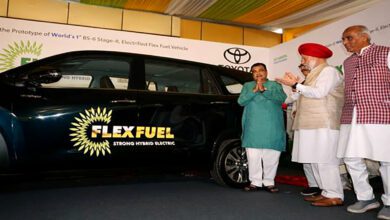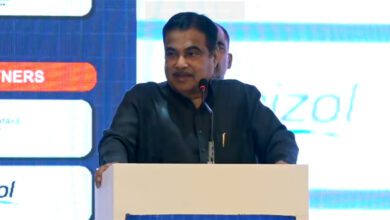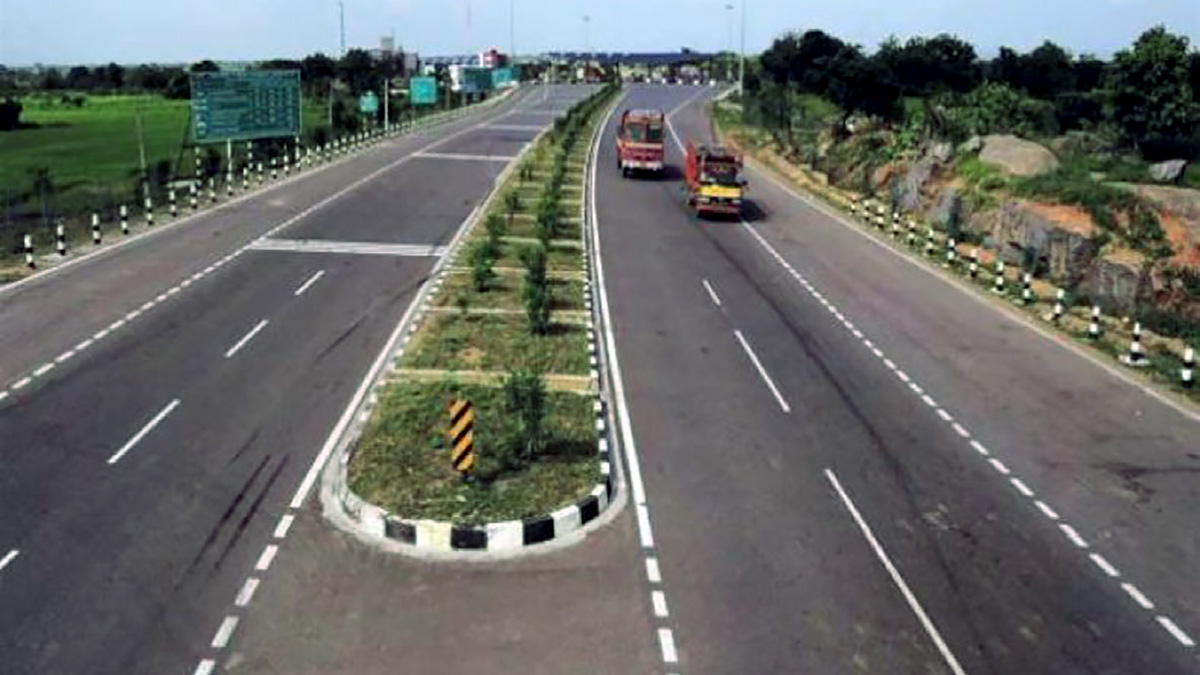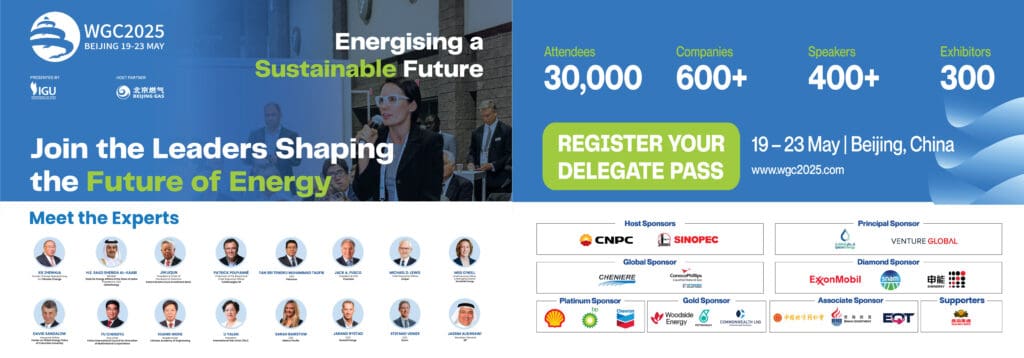The government is working to bring down logistics cost to 9% of GDP in the next three years from the current 14-16%, Union Minister Nitin Gadkari said. Speaking at an event organised by industry chamber CII, the Road, Transport and Highways Minister further said India’s exports will increase when its logistics cost will come down to single digit.
The government is going by certain estimates, which suggest that logistics cost in India is in double digits. The government has rolled out a national logistics policy and PM Gati Shakti initiative to boost competitiveness of industry and cut logistics costs.
Earlier this year, the commerce and industry ministry had said that a task force will be set up for formulating a framework to determine logistics costs in the country.
The task force members would include representatives from NITI Aayog, Ministry of Statistics and Programme Implementation (MOSPI), National Council of Applied Economic Research (NCAER), academic experts and other stakeholders.
Gadkari further said his ministry has proposals for 260 ropeways and funicular railway projects worth ₹1.3 lakh crore. The minister also said the road ministry has identified land for 500 bus depots and sought investments from top industrialists for developing those bus depots. According to Gadkari, India needs 2 lakh electric buses.
Gadkari said by leveraging economic viability, futuristic technology and public-private partnerships in infrastructure development, India will soon become a super economic power.
“With a well-functioning and developed road and transportation connectivity, we are embarking upon rising potentials in the tourism sector and has made tourism opportunities more affordable and accessible for individuals from all income strata,” he said.
The minister said it is quintessential to put an emphasis on ecology and environmental protection while engaging in any developmental activity.
He said that India currently imports ₹16 lakh crore worth of fossil fuels.
“To reduce this, we have prioritized ethanol, methanol, electric cars, bio-CNG, and bio-LNG in public transport to reduce pollution. Hydrogen fuel is futuristic,” he said.
In terms of EV production, Gadkari said that India was 4th in EV production and is currently 3rd, leapfrogging Japan, and would be first in the next 5 years.
“India is a major export hub of cars and in the coming days, our tractor, buses, auto rickshaws will be exported too,” he said.
Gadkari further highlighted that the Government has plans to launch sky buses to reduce traffic congestion and with all such efforts, the world will see India not as an importer but also a major exporter of energy.
The minister notably argued that since India has a lower paying capacity, thus, India needs cost-effective models of transport and the government is progressively working to come up with such solutions.
There have been plentiful efforts at the government’s level to improvise road connectivity even in the hilly areas, which will further boost tourism and have a multiplier effect with and opportunities for employment generation.
He further mentioned that credit ratings are very important to improve quality and speed.
The minister urged the private sector to come forward and leverage the increasing investment opportunities in the sector, given the increasing economic viability, per-capita GDP and rising opportunities.
“Entrepreneurship and adequate investments are highly important to make India a super economic power,” he said.




